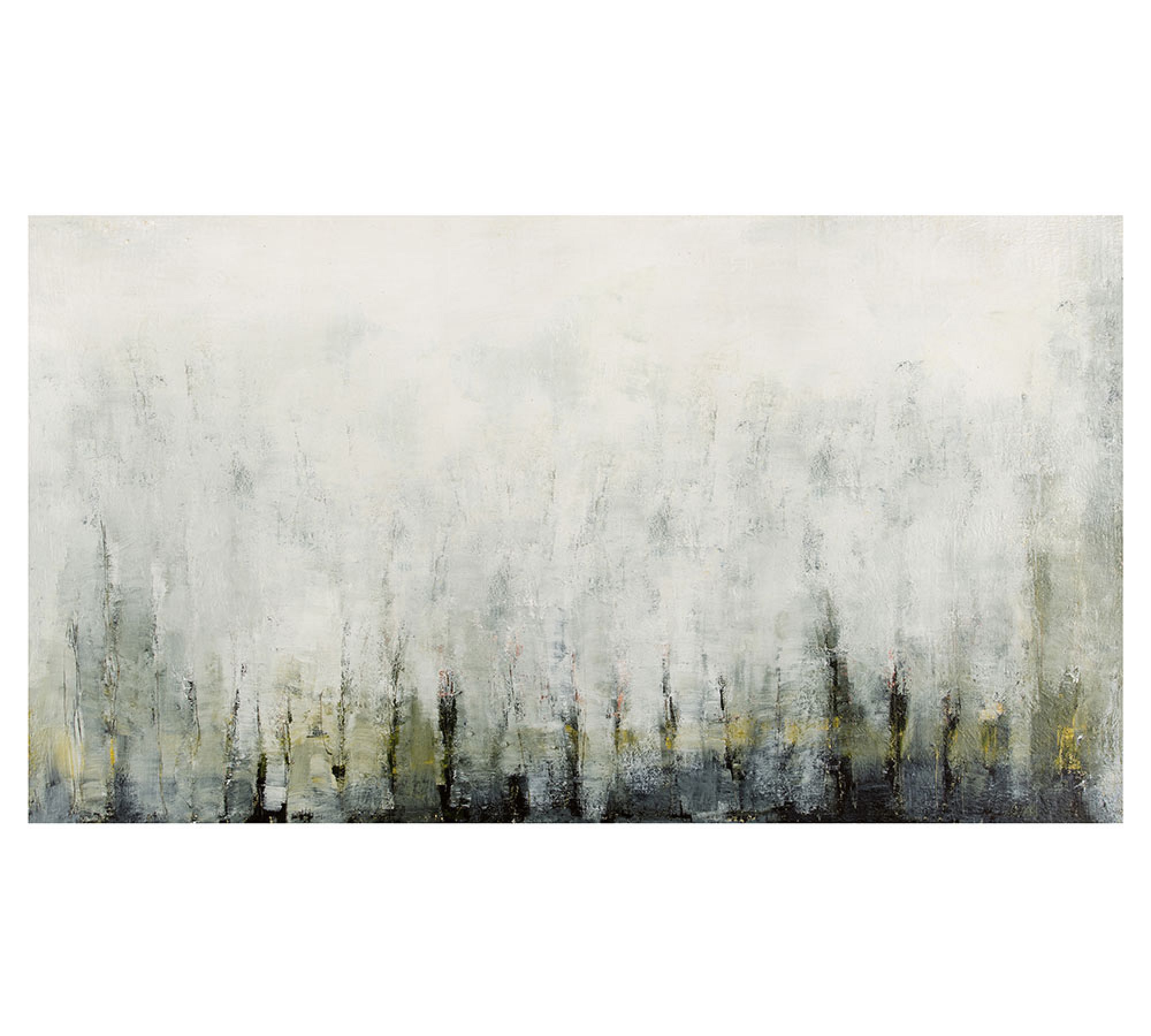Home
Islamization from Below: The Making of Muslim Communities in Rural French Sudan, 1880-1960
Barnes and Noble
Islamization from Below: The Making of Muslim Communities in Rural French Sudan, 1880-1960
Current price: $62.00


Barnes and Noble
Islamization from Below: The Making of Muslim Communities in Rural French Sudan, 1880-1960
Current price: $62.00
Size: OS
Loading Inventory...
*Product information may vary - to confirm product availability, pricing, shipping and return information please contact Barnes and Noble
The colonial era in Africa, spanning less than a century, ushered in a more rapid expansion of Islam than at any time during the previous thousand years. In this groundbreaking historical investigation, Brian J. Peterson considers for the first time how and why rural peoples in West Africa "became Muslim" under French colonialism.
Peterson rejects conventional interpretations that emphasize the roles of states, jihads, and elites in "converting" people, arguing instead that the expansion of Islam owed its success to the mobility of thousands of rural people who gradually, and usually peacefully, adopted the new religion on their own. Based on extensive fieldwork in villages across southern Mali (formerly French Sudan) and on archival research in West Africa and France, the book draws a detailed new portrait of grassroots, multi-generational processes of Islamization in French Sudan while also deepening our understanding of the impact and unintended consequences of colonialism.
Peterson rejects conventional interpretations that emphasize the roles of states, jihads, and elites in "converting" people, arguing instead that the expansion of Islam owed its success to the mobility of thousands of rural people who gradually, and usually peacefully, adopted the new religion on their own. Based on extensive fieldwork in villages across southern Mali (formerly French Sudan) and on archival research in West Africa and France, the book draws a detailed new portrait of grassroots, multi-generational processes of Islamization in French Sudan while also deepening our understanding of the impact and unintended consequences of colonialism.

















